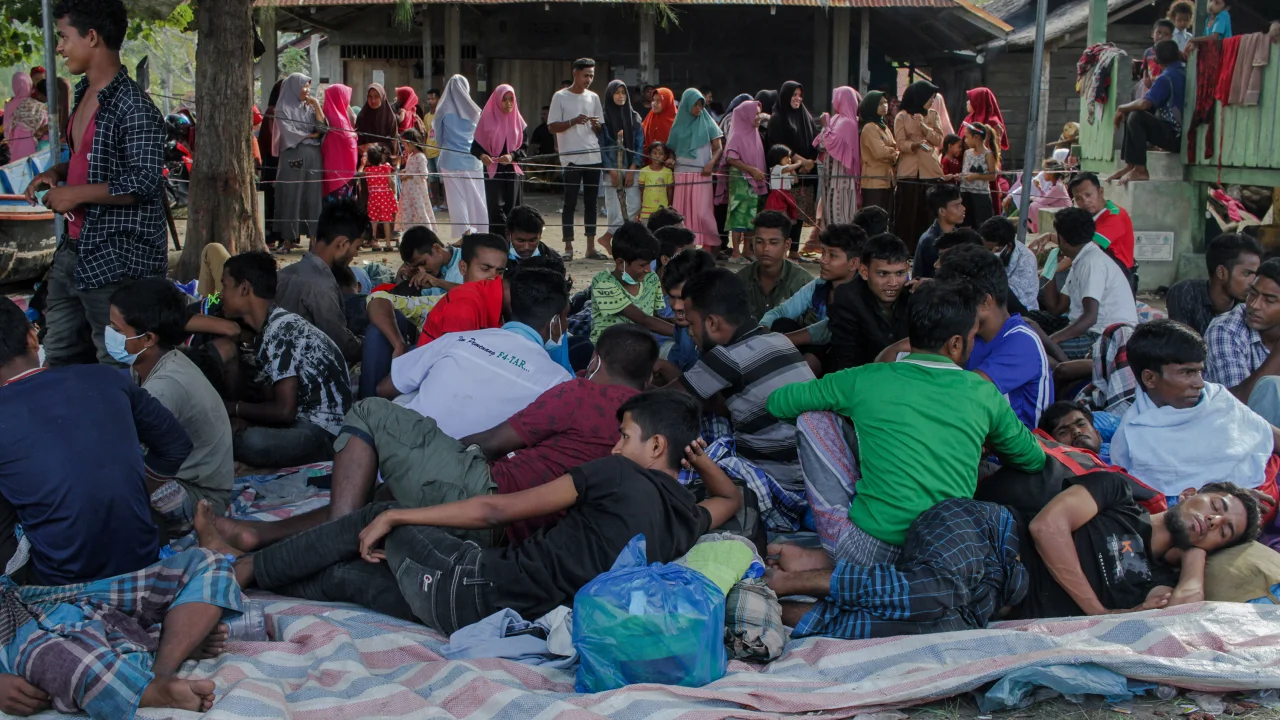Bhavika Jain, Pune
This week marks six years since over 700,000 Rohingya Refugees took shelter in the lands of Bangladesh, making it the world’s largest refugee settlement.
The conditions in the region have worsened, raising concerns such as rates of malnutrition, child labor, and gender-based violence. The lack of funds is forcing humanitarian actors to prioritize the most critical needs of humanity. UNHCR requests an urgent need to invest in collective efforts to make Rohingya a self-reliant community.
Along with Thailand (92,000) and India (21,000), other nearby nations like Indonesia, Nepal, and others have also taken in a smaller number of Rohingya refugees. But the situation remains very critical for Bangladesh.
“In Bangladesh, funding shortfalls are already adversely affecting the well-being of nearly one million Rohingya refugees. Any further cuts to the Rohingya response will severely impact access to food, shelter materials, cooking fuels, sanitation facilities, and livelihood activities,” states UNHCR in Bangladesh.
In Myanmar, the Rohingya survived decades of violence, prejudice, and persecution. Their largest migration started in August 2017 when Rakhine State in Myanmar experienced a tremendous wave of violence that drove more than 700,000 people, half of whom were children, to seek safety in Bangladesh.
There were numerous reports of severe human rights violations, including mass displacement, denial of citizenship, forced labor, religious persecution, burning villages to the ground, the killing or severing of thousands of families, and so on.
The UNHRC stresses that a sustainable and dignified return to Myanmar remains a primary solution. The Rohingya Refugees are willing to go back to their country when it’s safe. They are urging the international community to multiply its efforts to facilitate their return.
UNHCR is advocating for education and job training for refugees. This will prepare them for their return to Myanmar and guarantee their dignity, safety, and productivity during their stay in Bangladesh.
